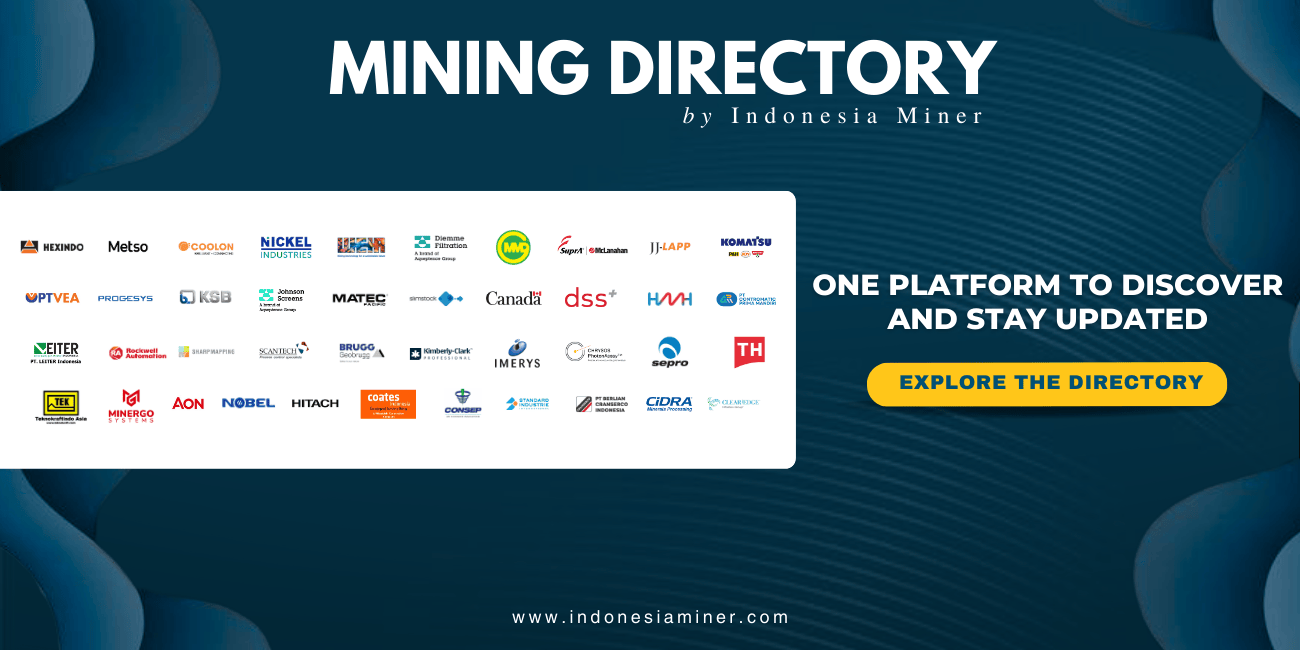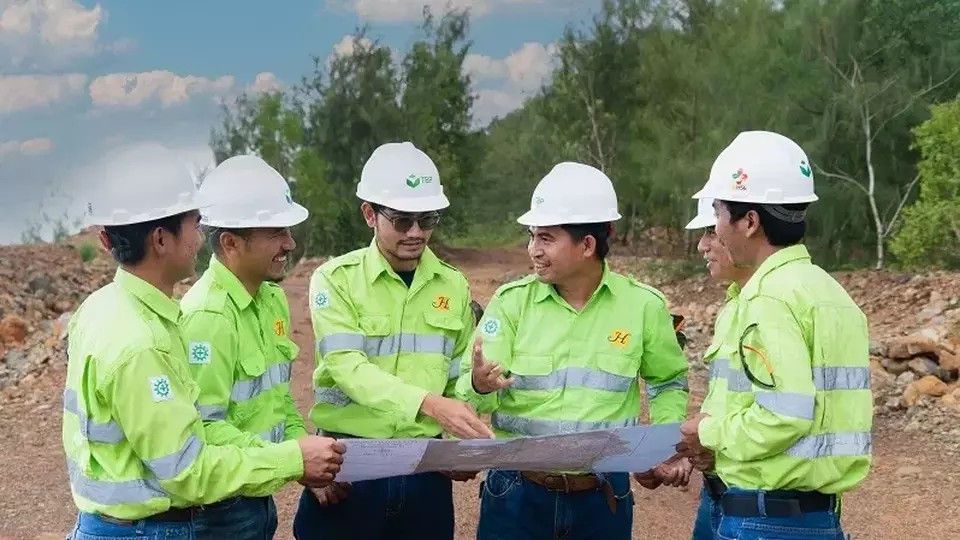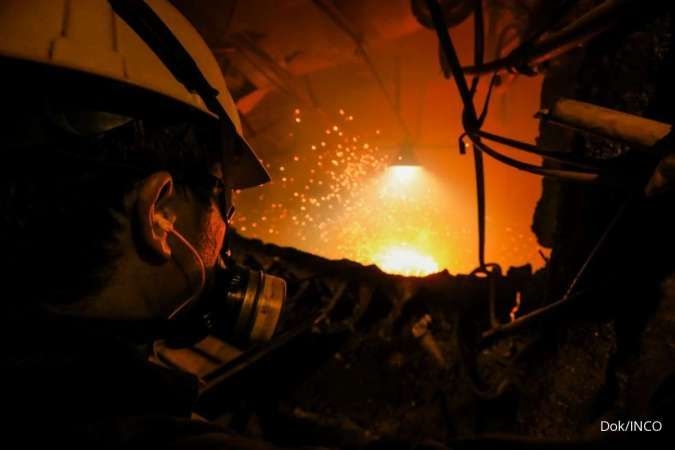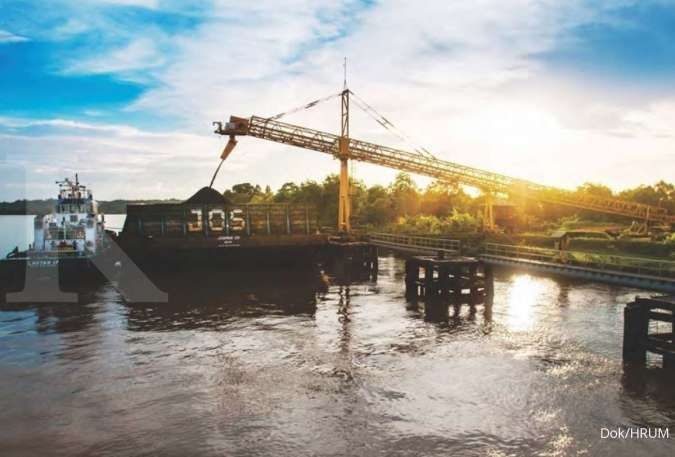Spread Over 2,700 Locations, Ministry Of Energy And Mineral Resources Explains The Negative Impact Of Illegal Mining
Tue 12 Jul 2022, 16:45 PM
Share
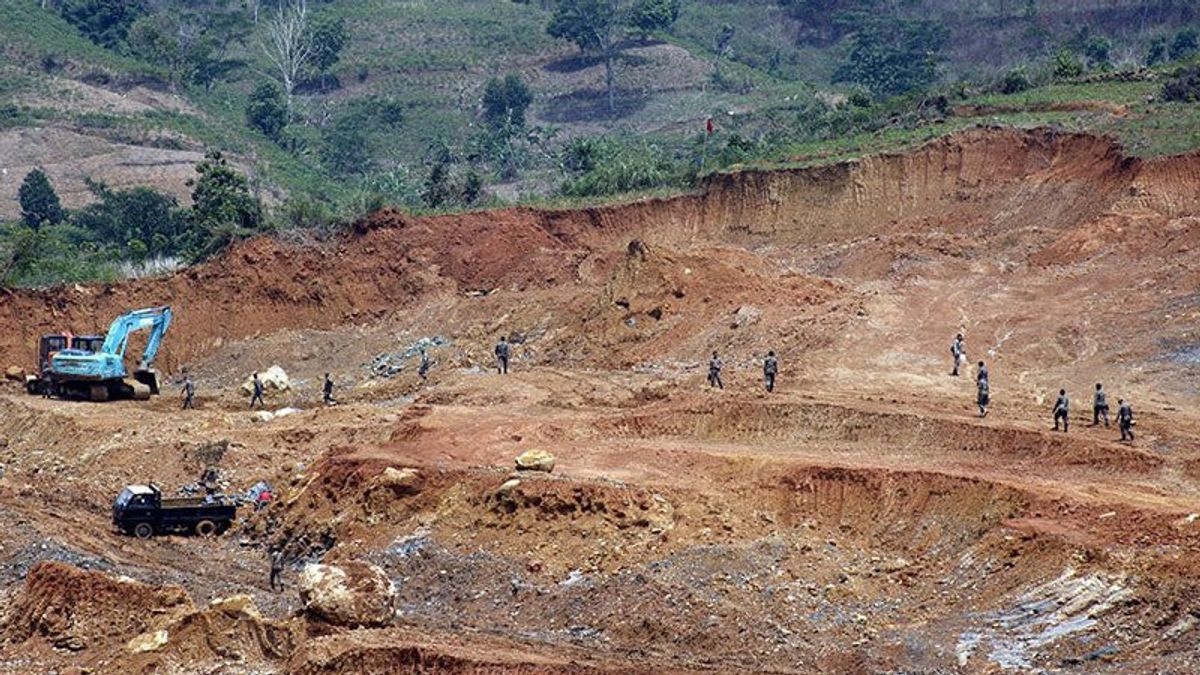
Director of Engineering and Environment for Mineral and Coal, Ministry of Energy and Mineral Resources (ESDM) Sunindyo Suryo Herdadi revealed, this illegal mining practice has a negative impact on social, economic and environmental life.
"The social impact of PETI's activities is that it hampers regional development because it is not in accordance with the RTRW, can trigger social conflicts in the community, so that it has the potential to cause public illness, and health problems due to exposure to chemicals," said Sunindyo in a statement to the media, Tuesday, July 12.
In addition, he continued, illegal mining also has an impact on the country's economy because it has the potential to reduce Non-Tax State Revenue (PNBP) and tax revenue. "This will trigger economic disparities in the community, lead to fuel shortages, and the potential for an increase in the price of public goods," he continued.
From the environmental side, PETI will cause environmental damage, damage forests if they are in forest areas, can cause environmental disasters, disrupt agricultural and plantation land productivity, and can cause river water turbidity and water pollution.
In general, former PETI land with the open-pit mining method is no longer operational, leaving voids and puddles of water so that the land can no longer be used properly. "All PETI activities do not have acid mine water treatment facilities, so puddles and water flowing around PETI is acidic.
This has the potential to pollute river water. so that on a large scale it has the potential to cause forest fires," concluded Sunindyo. To note, the implementation of PETI also generally ignores occupational safety and health (K3). Many violations occurred such as using non-standard equipment, not using personal safety equipment (PPE), no air ventilation in underground mines, and no buffering in underground mines.
Source: https://voi.id/en/economy/189468/tersebar-lebih-di-2-700-lokasi-kementerian-esdm-paparkan-dampak-negatif-pertambangan-ilegal



